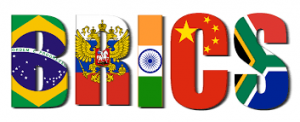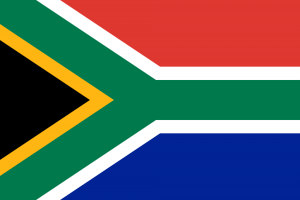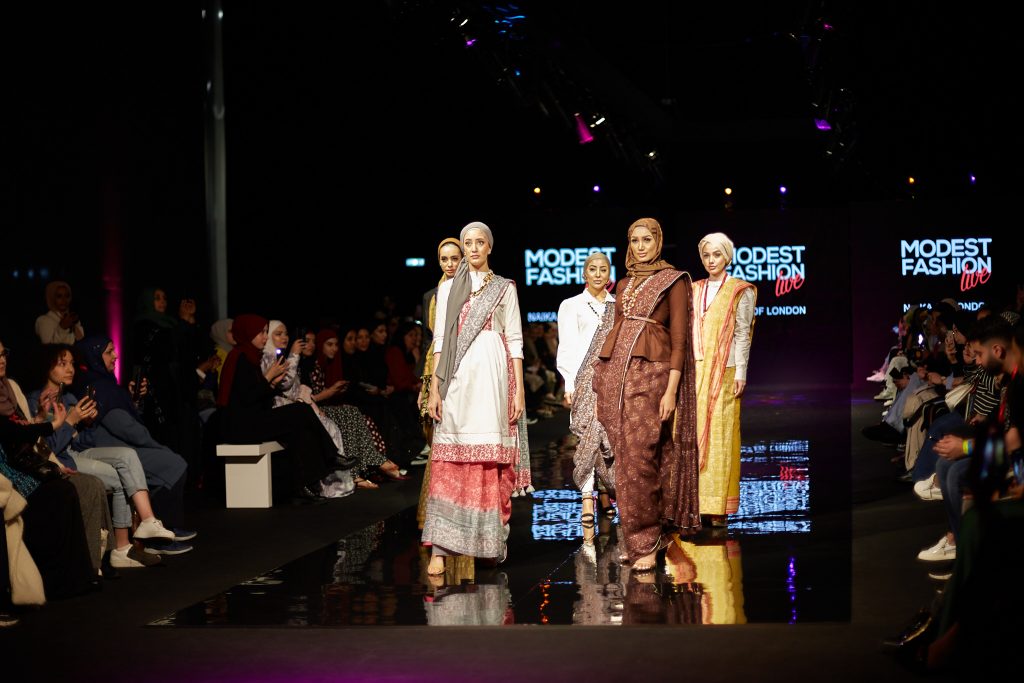 The Muslim Consumer Council (MCC) is set to officially launch in Johannesburg this weekend, where it will elect representatives throughout the country. The council is a consumer advocacy group which aims to ensure that all service providers, suppliers and producers are held accountable to Muslim consumers. According to the organisation’s facilitator Suleman Patel, over the last two or three years there has been a noticeable shift in the Islamic dynamic.
The Muslim Consumer Council (MCC) is set to officially launch in Johannesburg this weekend, where it will elect representatives throughout the country. The council is a consumer advocacy group which aims to ensure that all service providers, suppliers and producers are held accountable to Muslim consumers. According to the organisation’s facilitator Suleman Patel, over the last two or three years there has been a noticeable shift in the Islamic dynamic.
He said even the racial profile of South African Muslims has changed considerably over the past two decades. “Islam in this country is no longer the preserve of the traditional Muslim. The reality is that when we look at the number of immigrant Muslims in the country, it shows statistically that they are actually more than the traditional Muslims.”
The council came into existence in early January 2012, following two major controversies in the Muslim community, which lifted the lid on the halal and haj industries. South African Muslims found themselves under the spotlight following huge mainstream interest into the operations of the halal sector, sparked by an investigation by e-TV Third Degree. According to Patel, this on-air programme was an eye-opener to many Muslims across the country.
Attack on Islam
“This was not an attack with regard to the halal issue, but instead it was an attack on Islam in this country,” he said. “Although, Muslims are in this country for over 300 years… it seems as though we do not have our act together. There are many new Muslim organisations being formed, but we should try to embrace and ensure that all Muslim racial profile groups in the country come under one umbrella body, and try to collectively achieve our goal.”
Patel said he does not think this type of unity can be achieved in this lifetime. “But, if we try to work towards a collective asset then we can achieve what we set out to do. Through this process we can then start driving various agendas. The consumer is a holistic individual, which includes the spiritual and juristic in various aspects, so we are covering a broader issue rather than focusing on the micro issues.”
The MCC intends to have a broad agenda and 2030 vision in SA. “We as Muslims with an economic block could jointly achieve success, and through that success we can create a united single block of empowerment so as to interact with the rest of society. We can therefore have a fulfilled, well accomplished and well thought through agenda, which can assist everybody.”
Patel said although the two key issues of halal and haj are important, they have been managed very arbitrary. “They are running in a very small microcosm… not from a holistic perspective. The problem is that we are very secretariat in this country. We need to start looking above this. I think it can be achieved if the consumer, who is the recipient of this service starts asserting him or herself.”
Advocacy
He said the MCC would act as an advocacy group for consumers and is a critical component. But, oversight needs to be taken into consideration as well. “I think that aspect is just one single vertical of the council, but is not the sole purpose of the MCC. We hope to have professional individuals who are paid by the MCC to conduct this process on a full time basis.”
Patel said they will compare their plans with other advocacy groups and where they went wrong. “These groups were not self-funding or sustainable in terms of funding, so we would put together a funding model.” He said there would be huge benefits to the Muslim ummah which we will be announced at the election on Saturday. This includes ensuring a fluid programme, sustainable income for the MCC as well as benefits for the Muslim consumer in terms of various programmes. At the same time, the MCC hopes to create oversight to drive the 2030 vision with all the other issues such as education and healthcare.
He said there are a few other multiple objectives such as trying to “understand tangible deliverables” and how they can achieve various objectives. “We also hope to establish an interracial profile for once in SA. We want to have one organisation which is multi-cultural, multi-racial, but at the same time represents Islam in SA under one umbrella body.”
The MCC will use social networks as a means to create debate and disseminate information. Public feedback is also via Facebook or Twitter. “We welcome any critique from established organisations as well. They should realise that we are not here to take over the situation, we merely want to work together with them.” VOC (Aqeelah Bawa)



